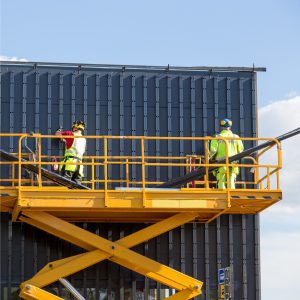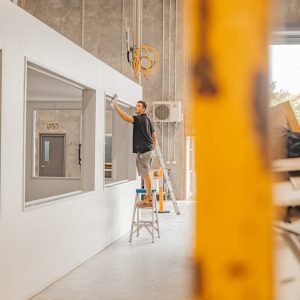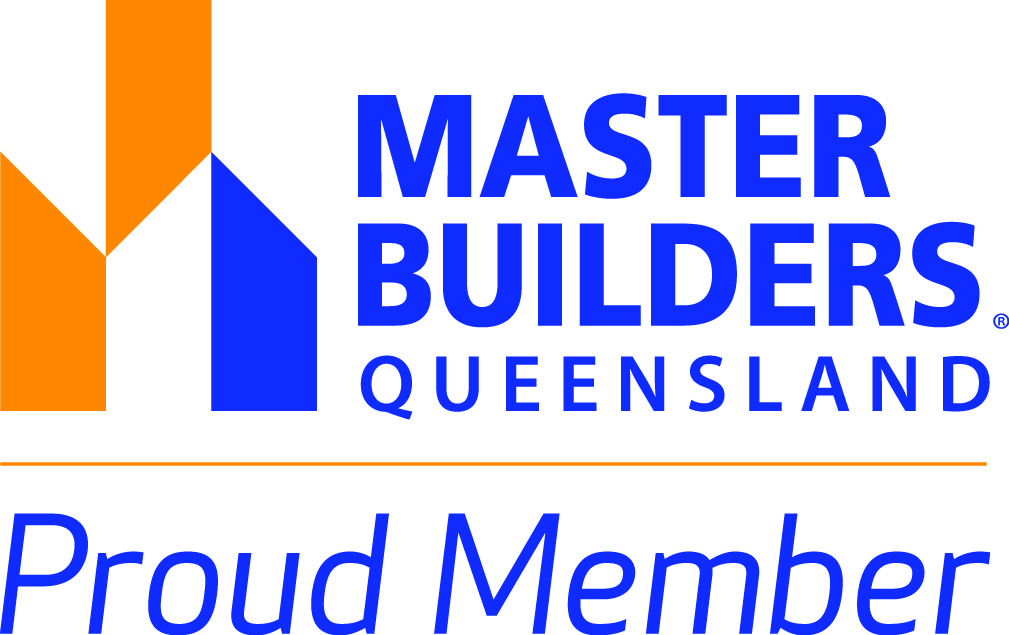The Importance of Regular Industrial Property Maintenance
Industrial properties are critical to the smooth functioning of many businesses, often housing key equipment, products, and operations. However, their sheer size and complexity mean they require regular upkeep to remain in optimal condition. Just like any other asset, industrial facilities need ongoing maintenance to prevent wear and tear, ensure safety, and maintain efficiency. Failing to keep up with property care can lead to expensive repairs, safety hazards, and even operational downtime.
Key Reasons to Prioritise Industrial Property Maintenance
1. Prevents Costly Repairs
Regular maintenance can help identify potential problems early, long before they escalate into major, expensive repairs. For example, addressing small leaks in a roof or ensuring proper ventilation for machinery can prevent more extensive and costly damage in the future.
2. Enhances Safety Standards
Safety is a primary concern in any industrial environment. Regular inspections of structural elements, electrical systems, fire safety measures, and machinery ensure that the facility meets industry regulations and provides a safe workspace for employees. This reduces the risk of accidents and helps avoid legal liabilities.
3. Increases Operational Efficiency
Industrial properties typically house complex machinery, systems, and infrastructure that need to run seamlessly. Routine maintenance checks can improve the efficiency of equipment, reducing energy costs, preventing breakdowns, and ensuring that everything works optimally, ultimately boosting productivity.
4. Preserves Asset Value
Just like with residential or commercial properties, regular maintenance can preserve and even increase the value of industrial properties. A well-maintained building is more appealing to potential tenants or buyers, and it signals professionalism and care.
5. Ensures Compliance with Regulations
Industrial facilities must adhere to stringent health, safety, and environmental regulations. Regular maintenance and inspections help ensure compliance, reducing the risk of fines, legal action, or even the closure of your facility due to non-compliance.
6. Improves Energy Efficiency
Industrial buildings typically consume large amounts of energy, and even small inefficiencies can lead to significant increases in utility costs. Maintaining HVAC systems, insulation, and lighting can result in better energy efficiency, reducing overhead costs and contributing to sustainability goals.
Areas to Focus on in Industrial Maintenance
Industrial properties encompass a range of systems and infrastructure that require regular attention. Key areas for maintenance include:
- Roofing and Structural Integrity: Regular checks and repairs to prevent leaks, cracks, and other damage.
- Electrical Systems: Ensuring that wiring, lighting, and other electrical components are functioning safely and efficiently.
- HVAC and Ventilation: Maintaining proper climate control and air quality for both equipment and workers.
- Machinery and Equipment: Regular servicing and inspections to prevent breakdowns and improve efficiency.
- Parking Lots and Paved Surfaces: Repairing cracks, potholes, and other damage to maintain safe and accessible surfaces.
- Landscaping and Grounds Maintenance: Keeping the surrounding area clean and functional, reducing potential hazards.
Setting Up a Maintenance Plan
For industrial properties, maintenance should never be a reactive process. Developing a proactive, comprehensive maintenance plan is essential. This plan should include:
- Scheduled Inspections: Regular checks on critical infrastructure to identify issues before they become serious.
- Preventive Maintenance: Taking action to maintain systems like HVAC, electrical, and plumbing on a consistent schedule to avoid breakdowns.
- Emergency Response: Having a reliable system in place for addressing urgent repairs quickly to minimise downtime.
- Documentation and Compliance Checks: Keeping a record of all maintenance activities to ensure the facility is always compliant with regulations.
Conclusion
Regular maintenance is not just about keeping an industrial property in good shape; it’s about ensuring the ongoing success of your business. By prioritising maintenance, companies can avoid costly repairs, maintain a safe environment, and ensure their operations run smoothly and efficiently. Developing a maintenance schedule that covers all critical areas of your industrial property will not only protect your investment but also provide peace of mind.
If you’re ready to elevate the care of your industrial property, contact Grolife Property Services for expert assistance. We specialise in providing tailored maintenance solutions to keep your facility in peak condition year-round. Reach out to us today to schedule a consultation!








